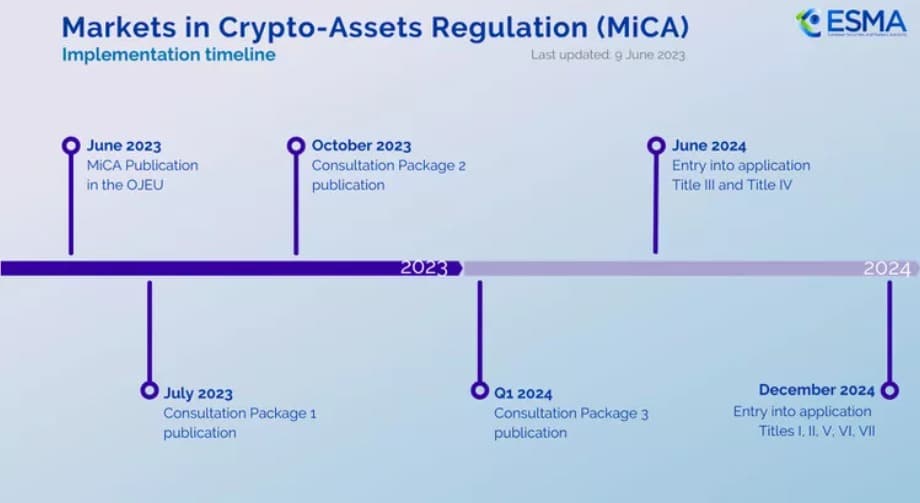What Coinbase’s $4.5M fine by U.K FCA means for the crypto industry

- The FCA fined Coinbase $4.5M over “high-risk” customers.
- The fine, once again, has indicated the need for clear crypto regulations.
Over the past months, crypto exchange platforms have faced legal battles resulting in huge fines. The latest firm to face the long arm of the law is Coinbase.
According to the report, Coinbase has received a $4.5M fine from the U.K. government.
Coinbase fined $4.5M by FCA
U.K.’s Financial Conduct Authority (FCA) announced a fine against a subsidiary of the cryptocurrency exchange Coinbase, CB Payments Limited (CBPL).
The FCA reported that the firm has constantly violated a requirement that mandates businesses to avoid working with high-risk clients.
The report explained that cryptocurrencies are associated with money laundering risks and that all firms should take it seriously. Allegedly, per FCA’s report,
“Despite the restrictions in place, CBPL onboarded and/or provided e-money services to 13,416 high-risk customers. Approximately 31 per cent of these customers deposited around $24.9 million. These funds were used to make withdrawals and then execute multiple cryptoasset transactions via other Coinbase Group entities, totalling approximately USD $226 million”
According to FCA, the firm agreed to stop onboarding many high-risk clients in 2020. Despite this, the firm continued to provide e-money services to 13416 high customers through other Coinbase entities, totaling $226M.
Coinbase responded to the fine with an official statement, acknowledging,
“Coinbase remains committed to high standards of regulatory compliance, and this means partnering with regulators when it comes to compliance and other areas. We are always willing to acknowledge when we fall short, and to make improvements – which is what we have done here.”
Lack of clear regulatory frameworks
The FCA used the outdated 2011 electronic money laundering regulation to fine Coinbase, after over a decade of development in the crypto sphere.
This fine indicates the urgent need for clear regulation, as with crypto going nowhere, a lack of regulatory frameworks is doing the industry more harm than good.







